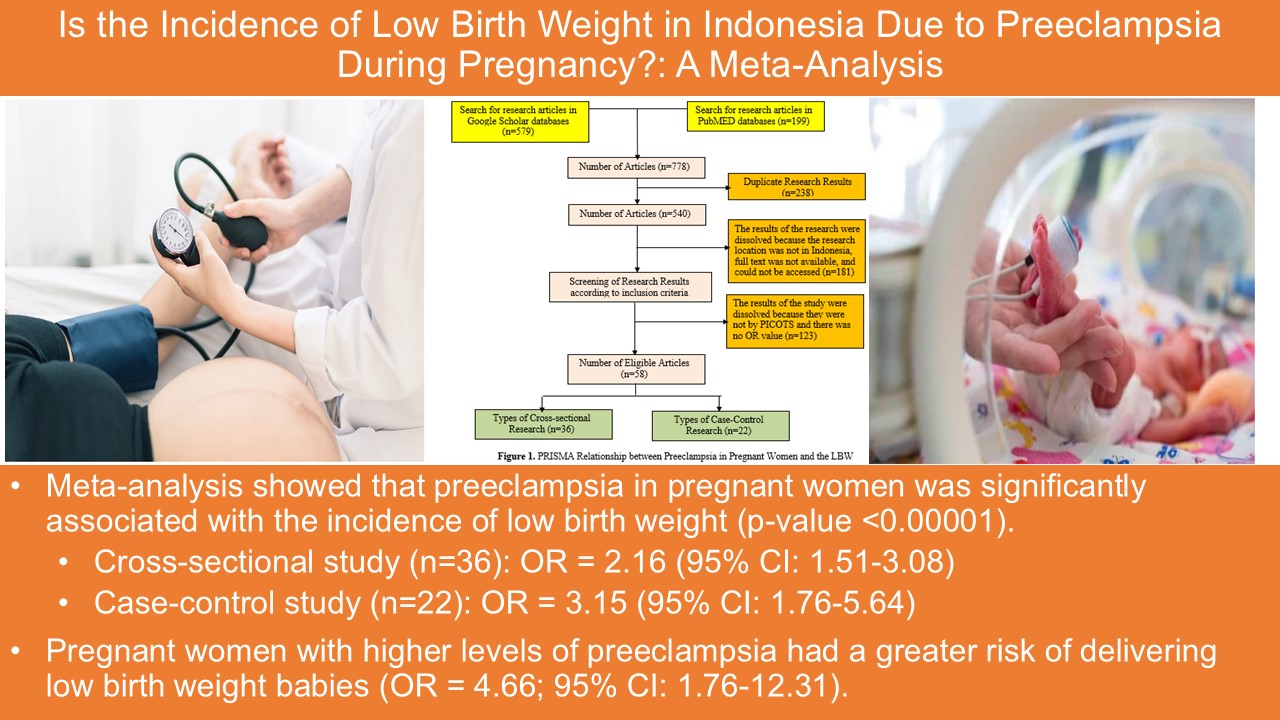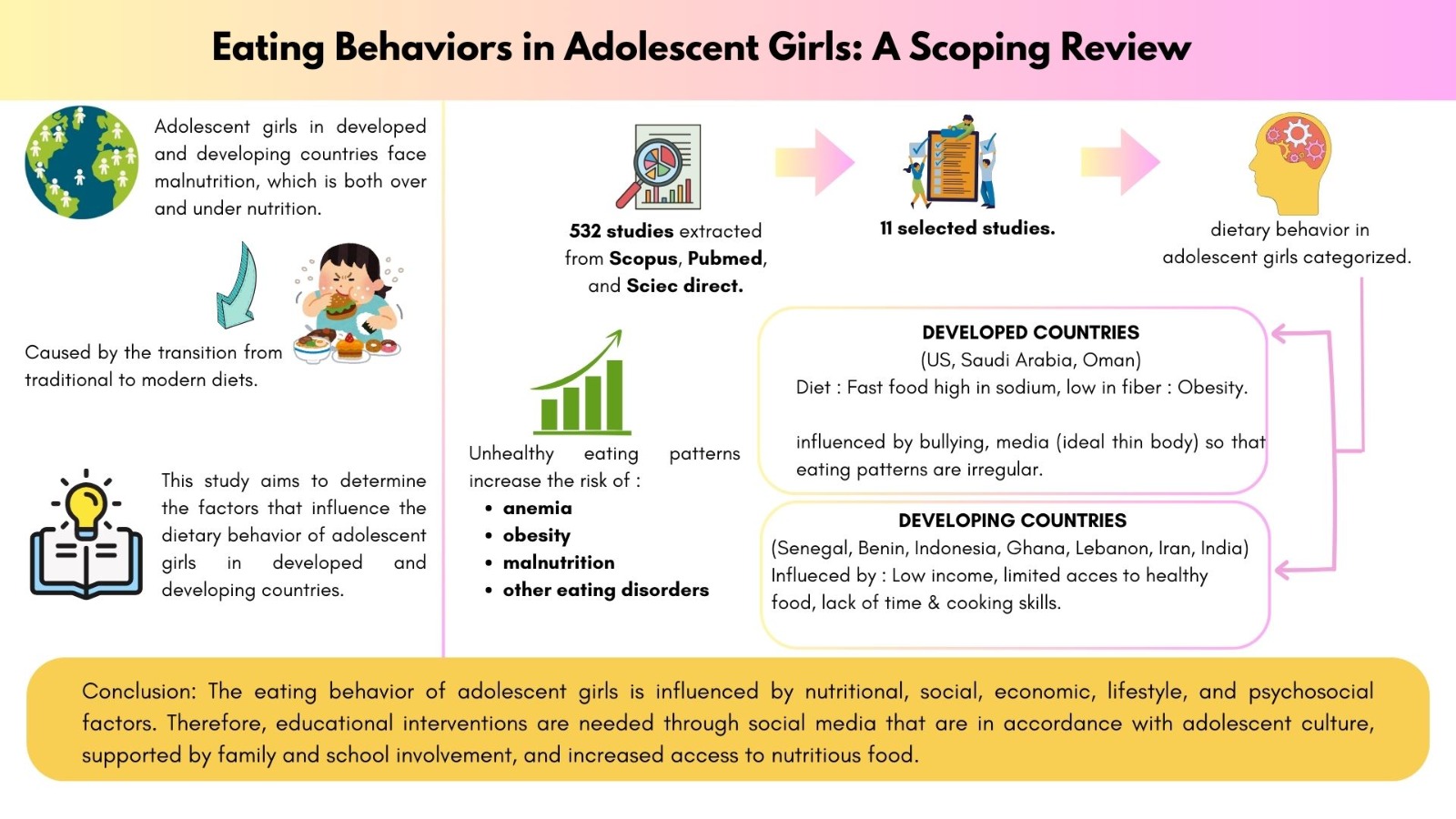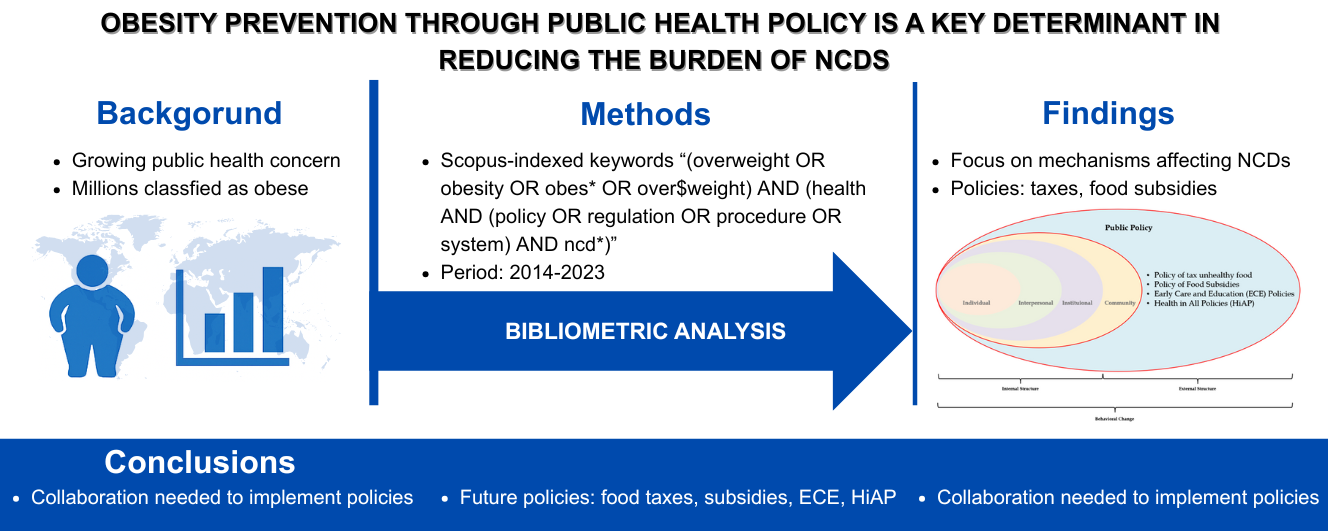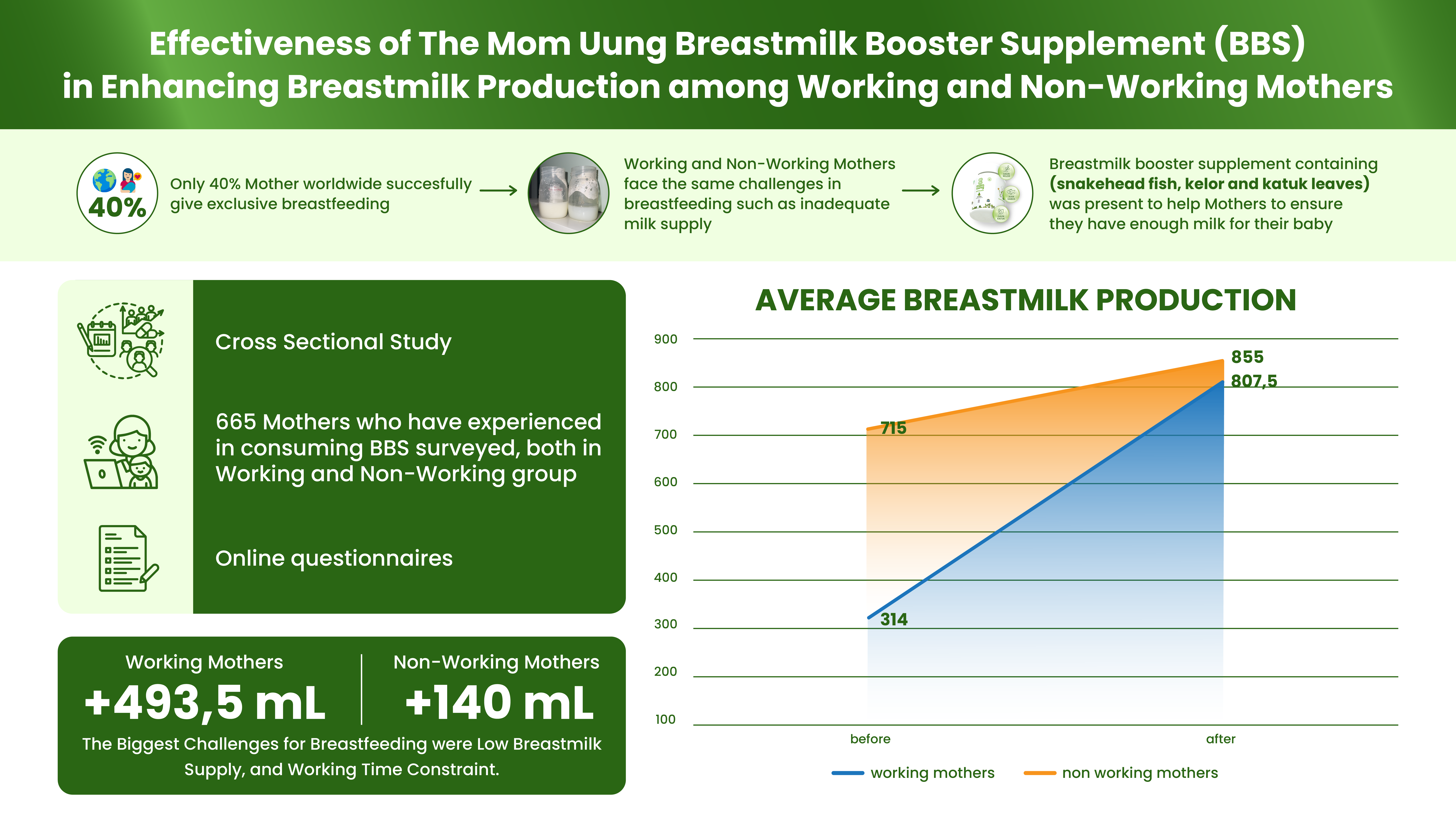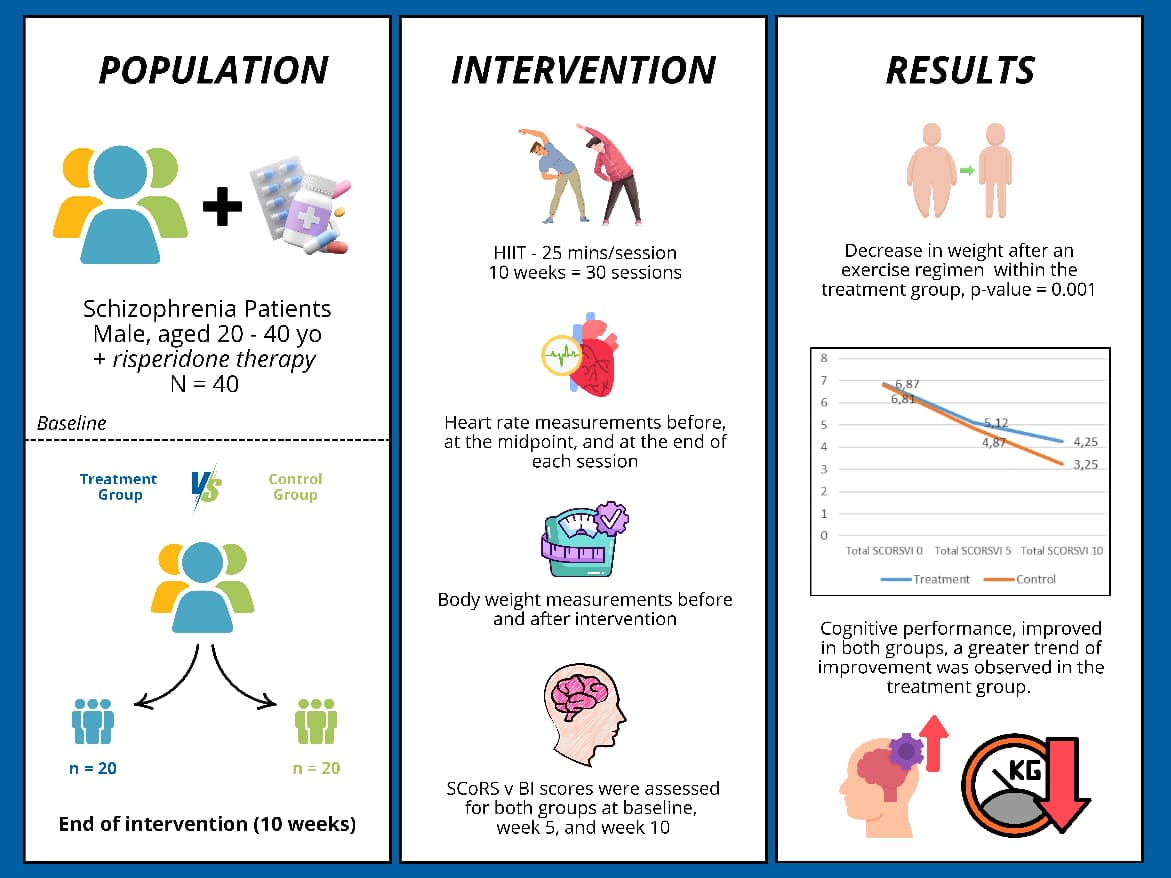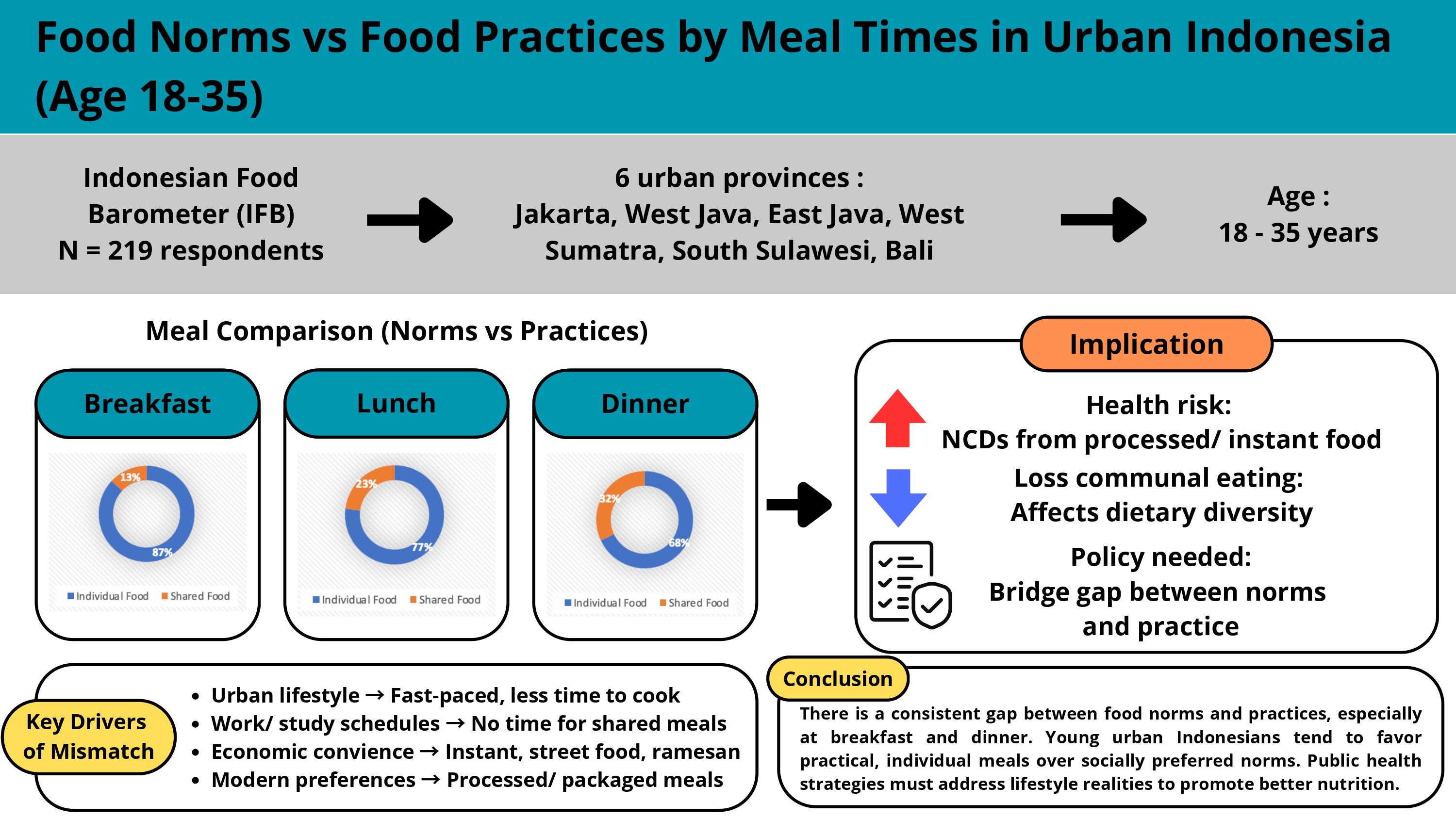HUBUNGAN KEMOTERAPI DAN ASUPAN ENERGI DENGAN STATUS GIZI PASIEN KANKER PAYUDARA STADIUM II DAN III DI RSUP FATMAWATI JAKARTA PADA TAHUN 2018-2019 <br><i>Relationship of Chemotherapy and Energy Intake with Nutritional Status of Breast Cancer Patients Stage II-III at Fatmawati General Hospital in 2018–2019</br></i>
Downloads
Almatsier, S. (2010). Prinsip dasar ilmu gizi. Jakarta: PT. Gramedia Pustakan Utama.
Arends, J., Bachmann, P., Baracos, V., Barthelemy, N., Bertz, H., Bozzetti, F., ... Preiser, JC. (2016). ESPEN guidelines on nutrition in cancer patients. Clinical NutritionElsevier Ltd, XXX, 1-38. doi: 10.1016/j.clnu.2016.07.015
Bauer, J., Capra, S., Ferguson, M. (2002). Use of the score patient generated global assessment (PG-SGA) as a nutritional assessment tool in patient with cancer. European Journal of Clinical Nutrition, 56, 779-785. Retrieved from https://www.nature.com/articles/1601412
Berg, M.M.G.A. van den., Winkels, R. M., de Kruif, Jth. C. M., Laarhoven, H. W. M. van., Visser, M., de Vries, J.H.M., ... Kampman, E. (2017). Weight change during chemotherapy in breast cancer patients: a meta-analysis. BMC Cancer, 17(1). doi:10.1186/s12885-017-3242-4
Capra, S., Ferguson, M., & Ried, K. (2001). Cancer: impact of nutrition intervention outcome - nutrition issues for patients. Nutrition, 17(9), 769-772. doi: 10.1016/S0899-9007(01)00632-3
Cederholm, T., Bosaeus, I., Barazzoni, R., Bauer, J., Van Gossum, A., Klek, S., ... Singer, P. (2015). Diagnostic criteria for malnutrition - An ESPEN Consensus Statement. Clinical NutritionElsevier Ltd, 34(3), 335-340. doi: 10.1016/j.clnu.2015.03.001.
Costa, L. J. M., Varella, P. C. S., & Giglio, Ad. (2002). Weight changes during chemotherapy for breast cancer. Sao Paulo Medical Journal, 120(4), 113-17. Retrieved from http://www.scielo.br/scielo.php?script=sci_arttext&pid=S1516-31802002000400005
Fearon, K. C. H. (2008). Cancer cachexia: developing multimodal therapy for a multidimensional problem. European Journal of Cancer, 44(8), 1124-1132. doi: 10.1016/j.ejca.2008.02.033 Fukushima, H., Fujii, Y., & Koga, F. (2019). Metabolic and molecular basis of sarcopenia: implications in the management of urothelial carcinoma. International Journal of Molecular Sciences, 20(3), 760. Retrieved from https://www.mdpi.com/1422-0067/20/3/760/htm
Habsari, A., Pradigdo, S., & Aruban, R. (2017). Hubungan beberapa faktor gizi dan kemoterapi dengan status gizi penderita kanker. Jurnal Kesehatan Masyarakat, 5, 593–599. Retrieved from https://ejournal3.undip.ac.id/index.php/jkm/article/view/18723
Hariani, R. (2007). Kecukupan nutrisi pada pasien kanker. Indonesian Journal of Cancer 4, 140-143. Retrieved from https://media.neliti.com/media/publications/69943-ID-kecukupan-nutrisi-pada-pasien-kanker.pdf
Hartati, S. A. B. (2007). Upaya peningkatan asupan makan pada pasien kanker. GiziIndonesia, 30(1). Retrieved from https://ejournal.persagi.org/index.php/Gizi_Indon/article/view/38/35
Haryanti, S. (2006). Faktor-faktor yang berhubungan dengan status gizi penderita kanker payudara wanita (studi kasus pada penderita kanker payudara wanita pasca rawat inap di Rumah Sakit Dr. Kariadi Semarang tahun 2005). Skripsi Program Studi Ilmu Kesehatan Masyarakat, Universitas Negeri Semarang. Retrieved from http://lib.unnes.ac.id/698/1/1268.pdf
Katzung, B. G. (2013). Basic and clinical pharmacology 12th edition. Jakarta: Penerbit Buku Kedokteran EGC.
Kemas, A. (2010). Perbedaan indeks massa tubuh (imt) pasien ca mamae duktus infi ltratif sebelum dan sesudah mendapat terapi neoadjuvant: studi observasional di Rumah Sakit Dokter Kariadi Semarang. Skripsi Progam Studi Kedokteran, Universitas Diponegoro Semarang. Retrieved from http://eprints.undip.ac.id/23134/1/Ardiansyah_K.pdf
Kementerian Kesehatan, Pemerintah RI. (2013a). Pedoman teknis penanggulangan kanker payudara dan kanker leher rahim. Jakarta: Direktorat Pengendalian Penyakit Tidak Menular Tahun 2013. Retrieved from http://p2ptm.kemkes.go.id/dokumen-ptm/pedoman-teknis-pengendalian-kanker-payudara-kanker-leher-rahim
Kementerian Kesehatan, Pemerintah RI. (2015). Situasi penyakit kanker. Pusat Data dan Informasi Kementerian Kesehatan RI 2015. Jakarta: Departemen Kesehatan Indonesia. Retrieved from http://www.depkes.go.id/resources/download/pusdatin/infodatin/infodatin-kanker.pdf
Kementerian Kesehatan, Pemerintah RI. (2015). Buletin jendela data dan informasi kesehatan edisi semester I tahun 2015. Jakarta: Pusat Data dan Informasi Kementerian Kesehatan RI 2015. Retrieved from http://www.pusdatin.kemkes.go.id/resources/download/pusdatin/buletin/buletin-kanker.pdf
Kementerian Kesehatan, Pemerintah RI. (2017). Pedoman nasional pelayanan kedokteran: kanker payudara. Jakarta: Komite Penanggulangan Kanker Nasional (KPKN) Tahun 2017. Retrieved from http://kanker.kemkes.go.id/guidelines/PNPKPayudara.pdf
Kementerian Kesehatan, Pemerintah RI. (2018). Hasil utama Riskesdas 2018. Jakarta: Badan Penelitian dan Pengembangan Kesehatan. Retrieved from http://www.depkes.go.id/resources/download/info-terkini/hasil-riskesdas-2018.pdf
Khalida, R. (2017). Studi Tindakan Kemoterapi Terhadap Status Gizi Antropometri, Asupan Gizi dan Biomarker Darah Pasien Kanker Payudara. Tesis Program Studi Gizi Masyarakat. Institut Pertanian Bogor. Retrieved from https://repository.ipb.ac.id/handle/123456789/91358
Kurniasari, F. N., Surono, A., & Pangastuti, R. (2015). Status gizi sebagai prediktor kualitas hidup pasien kanker kepala dan leher. Indonesian Journal of Human Nutrition, 2(1), 60-67. Retrieved from https://ijhn.ub.ac.id/index.php/ijhn/article/view/118/128
Kusumawardani, N. (1996). Penanganan nutrisi pada penderita kanker. Media Litbangkes, 4(4), 10-15. Retrieved from http://ejournal.litbang.depkes.go.id/index.php/MPK/article/viewFile/940/812
Lankester, K .J., Phillips, J. E., & Lawton, P. A. (2002). Weight gain during adjuvant and neoadjuvant chemotherapy for breast cancer: an audit of 100 women receiving fec or cmf chemotherapy. Clinical Oncology, 14(1), 64–67. doi: 10.1053/clon.2001.0014
Limon-Miro, A. T., Lopez-Teros, V., & Astiazaran-Garcia, H. (2017). Dietary guidelines for breast cancer patients: a critical review. Advances in Nutrition, 8(4), 613–623. doi: 10.3945/an116.014423.
Makari-Judson, G., Braun, B., Jerry, D. J., & Mertens, W.C. (2014). Weight gain following breast cancer diagnosis: implication and proposed mechanisms. World Jornal of Clinical Oncology, 5(3), 272-282. doi: 10.5306/wjco.v5.i3.272
Ningrum, R. D. A., & Rahmawati, T. (2015). Pengaruh kemoterapi terhadap asupan makan dan status gizi penderita kanker nasofaring', Profesi, 12(2), 58–66. Retrieved from https://www.ncbi.nlm.nih.gov/pmc/articles/PMC1531648/pdf/neo0605_0423.pdf
Peraturan Menteri Kesehatan Republik Indonesia (2013) Peraturan Menteri Kesehatan Republik Indonesia No. 75 Tahun 2013 tentang angka kecukupan gizi yang dianjurkan bagi bangsa Indonesia. Retrieved from https://peraturan.bkpm.go.id/jdih/userfiles/batang/PMK%20No.%2075%20ttg%20Angka%20Kecukupan%20Gizi%20Bangsa%20Indonesia.pdf
Polyzos, S. A., & Margioris, A. N. (2018). Sarcopenic obesity. Hormones, 17, 321-331. Retrieved from https://link.springer.com/article/10.1007/s42000-018-0049-x
Ryan, A. M., Power, D. G., Daily, L., Cushen, S. J., Ni Bhuachalla, E., & Prado, C. M. (2016). Cancer-associated malnutrition, cachexia and sarcopenia: the skeleton in the hospital closet 40 years later. Proceedings of the Nutrition Society, 75(2), 199-211. doi:10.1017/S002966511500419X
Supariasa, I. D. N. (2013). Penilaian status gizi edisi revisi. Jakarta: EGC.
Susetyowati, Yenita, & Kurnianda, J. (2010). Status gizi awal berdasarkan patient generated subjective global assessment (PG-SGA) berhubungan dengan asupan zat gizi dan perubahan berat badan pada penderita kanker rawat inap di RSUP DR. Mohammad Hoesin Palembang. Jurnal Gizi Klinik Indonesia, 7(2), 80-84, Retrieved from https://jurnal.ugm.ac.id/jgki/article/download/17741/11516
Sutandyo, N. (2007). Nutrisi pada pasien kanker yang mendapat kemoterapi. Jurnal of Cancer Indonesia 4, 144-148. Retrieved from https://media.neliti.com/media/publications/65539-ID-nutrisi-pada-pasien-kanker-yang-mendapat.pdf
Suzuki, H., Asakawa, A., Amitani, H., Nakamura, N., & Inui, A. (2013). Cancer cachexia”pathophysiology and management', Journal of Gastroenterology, 48(5), 574–594. doi: 10.1007/s00535-013-0787-0
Trijayanti, E.,& Probosari, E. (2016). Hubungan asupan makan dan status gizi pada pasien kanker serviks post kemoterapi. Jurnal Kedokteran Diponegoro. 5(4), 751 – 760. Retrieved from https://ejournal3.undip.ac.id/index.php/medico/article/view/14342/13873
Widyakarya Nasional Pangan dan Gizi X. (2012). Penyempurnaan kecukupan gizi untuk Indonesia. Jakarta: WNPG X.
Winkels, R. M., Beijer, S., Van Lieshout, R., Van Barneveld, D., Hofstede, J., Kuiper, J., ... Kampman, E. (2014). Changes in body weight during various type of chemotherapy in breast cancer patients. e-SPEN Journal, 9(1), e39-e44. doi.org/10.1016/j.clnme.2013.10.004
World Health Organization. (2019). Population Fact Sheets: Indonesia, International Agency for Research on Cancer (IARC), France: WHO. Retrieved from http://gco.iarc.fr/today/data/factsheets/populations/360-indonesia-fact-sheets.pdf
- MEDIA GIZI INDONESIA Journal is the copyright owner of all materials published on this website.
- The formal legal provisions for access to digital articles of this electronic journal are subject to the terms of the Creative Commons Attribution-NonCommercial-ShareAlike license (CC BY-NC-SA 4.0), which means that MEDIA GIZI INDONESIA Journal and readers reserve the right to save, transmit media / format, manage in database, maintain, and publish articles as long as it continues to include the name of the Author.
- Printed and published print and electronic manuscripts are open access for educational, research and library purposes. In addition to these objectives, the editorial board shall not be liable for violations of copyright law.


2.png)















